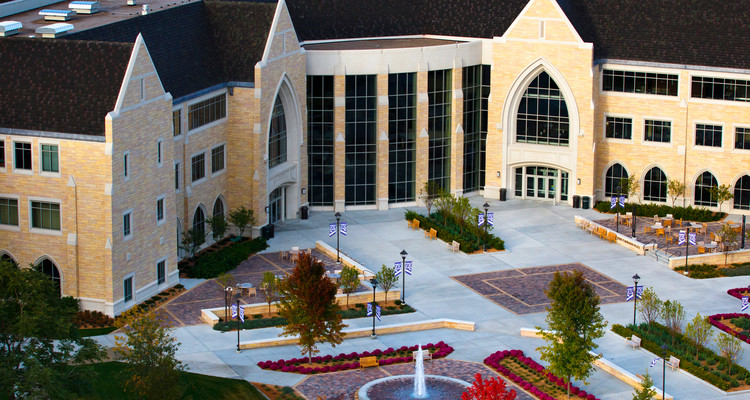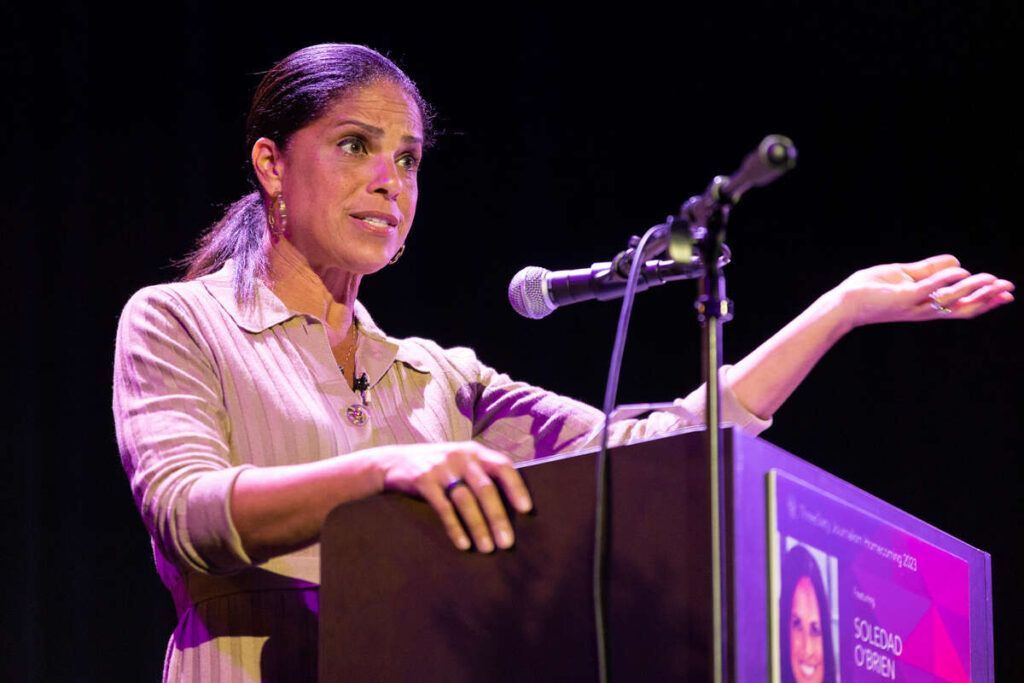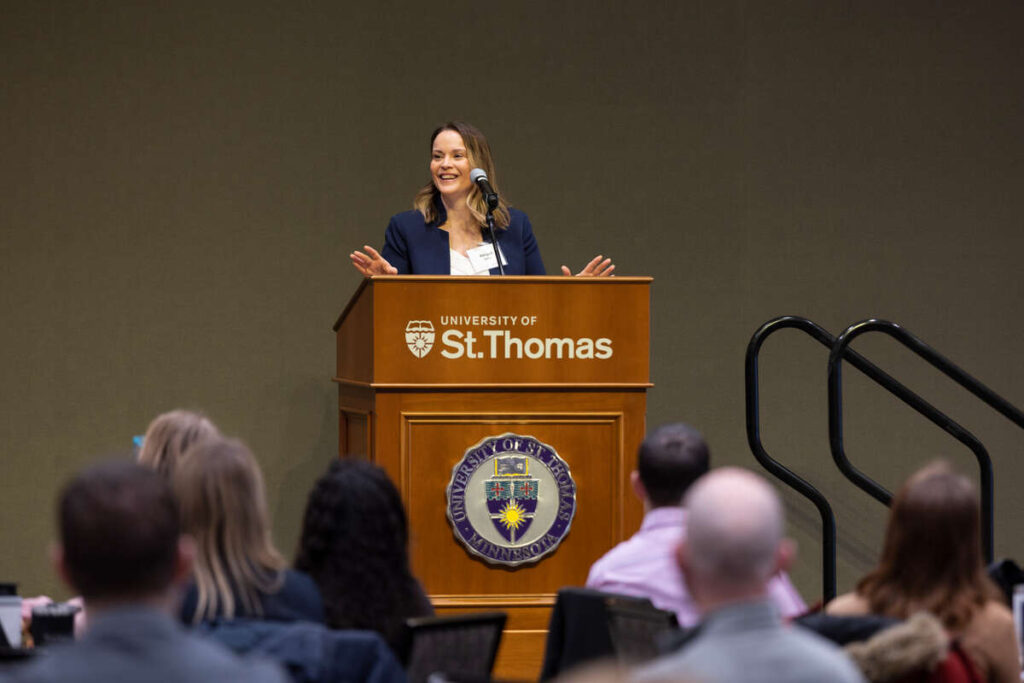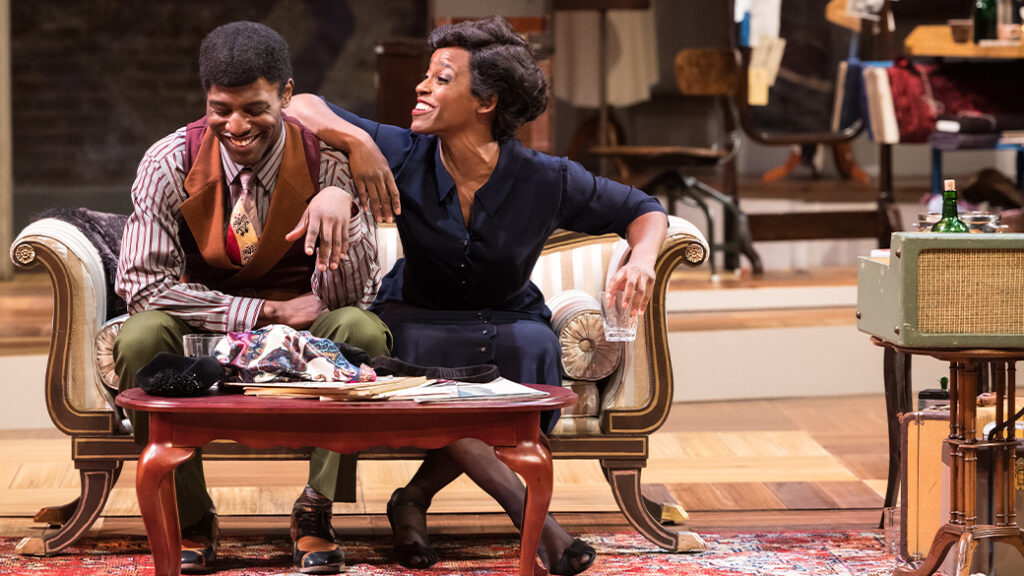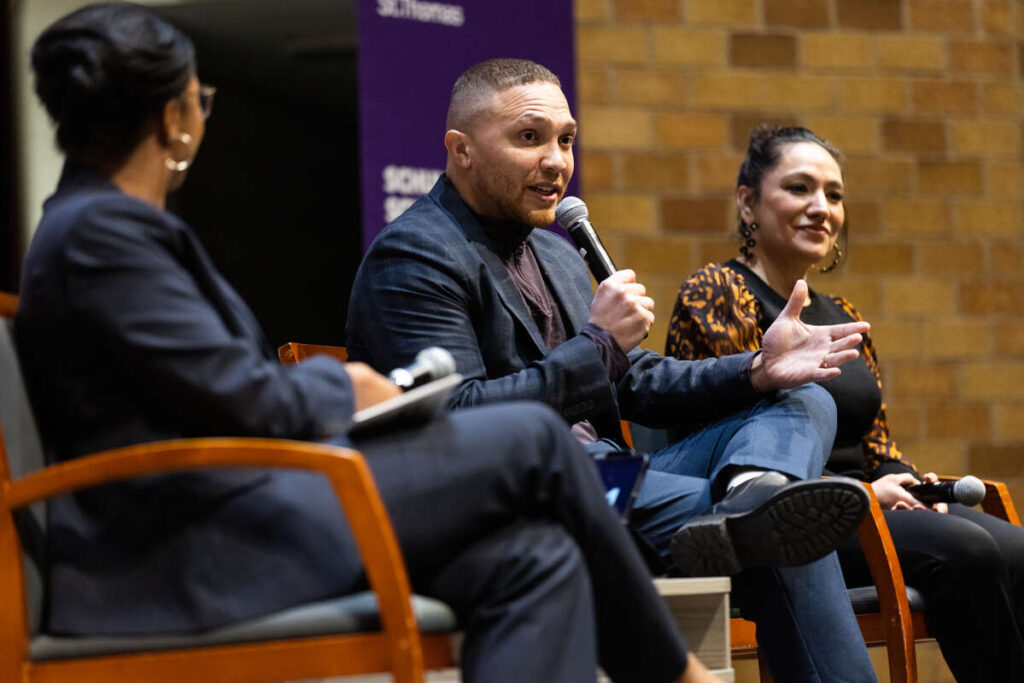Bryant Smith, communications specialist, author and workshop leader, led a conversation on examining the N-word to a standing-room-only crowd in the Anderson Student Center on Wednesday, Nov. 8. Smith also presented at the Social Justice Summit held at St. Thomas over the weekend.
Over a lively lunch hour, Smith shared history and context to the evolution of the N-word so participants would have a more well-rounded knowledge of the baggage that comes along with the term.
Here are five observations from his talk.
Conversation around this topic should prompt critical thinking and reflection
Smith kicked off the conversation by specifying that he was not there to limit free speech or "to stand for people who couldn't take a joke." Instead, he said he was here to provide information so students could critically evaluate and come to a determination on how to use language.
He encouraged students who ran across people using the word to help prompt a moment of reflection as to why they might be using it, or to share some of the information from his presentation.
"You just go, 'Excuse me. Did you just say what I think you said?' ... I'm not arguing with them. I'm giving them a reason to reflect," Smith said.
History and context is important
"We have done a poor job of teaching the history of the N-word," Smith said. "That's why we are where we are now."
He tracked the evolution of the N-word, beginning with that, at first, it was simply used to describe those with dark skin on the continent of Africa, but then grew to become a racial slur. After the Civil War, he said the N-word was used as a "term of terror" to "help put those newly freed Africans in their place, to remind them that even though you are free, you are not a citizen. You are still not free. You are not protected."
During the civil rights movement, the word was adopted as a term of endearment within the African-American community as a survival technique so that it could no longer be used to harm.
After that, it entered pop culture, which Smith described as "a series of things that everybody accepts as reality," and was no longer hidden within the African-American community because everyone has access to pop culture.
Racial slurs are a dehumanizing effort
Smith reminded the audience that the N-word became especially prominent during the era of slavery and following the Civil War, in an effort to make people from Africa less human and therefore easier to brand as property or deny rights.
"In order to convince an entire planet that it is OK to enslave a group of people, you have to dehumanize the people," Smith said. "You can't call them the 'Afri,' because people will go, 'Oh, the Afri. Those are real people.' But you can make up a word ... and have it mean nothing – those aren't real people. So, the people who are enslaving them think, 'Oh, I'm not really hurting people.'"
Just because the N-word appears in rap, hip-hop or art doesn't erase the word's complicated history
Smith played a poem performed by The Last Poets, a group of musicians from the 1960s who are often credited with being the progenitors of hip-hop. The point of the poem, Smith said, was to not become the negative attributes associated with the identify of the N-word. He continued by saying that many rappers and hip-hop artists said they were inspired by The Last Poets but, ironically, were and are using the N-word contrary to what The Last Poets were trying to do.
He pointed out that because the African-American community has tried to reclaim the N-word, it has now been co-opted – meaning that the N-word may be included in pop culture specifically to make money off the black community.
"Even if we wanted to say stop using it, we can't," Smith said.
When the audience was asked how many people could go a whole day without hearing the N-word, particularly in their music, few raised their hands.
Students should be empowered to make careful choices with their vocabulary
Smith used the N-word throughout his presentation so those attending could begin to understand the barrage that can have on an African-American's psyche. He wrapped up his presentation with modern-day examples of instances where the N-word was used and how that connects to the negative and violent history it comes with.
Finally, he encouraged all participants to consider the range of vocabulary their education has equipped them with and, when it comes to a "term of endearment," to ask whether this one particular word is the only one that could be used to convey such a sentiment.
"I hold myself accountable," Smith said when asked if he used the word in his day-to-day life. "I believe that I have complete control over my mind, over what I think, what I do and what I say."
